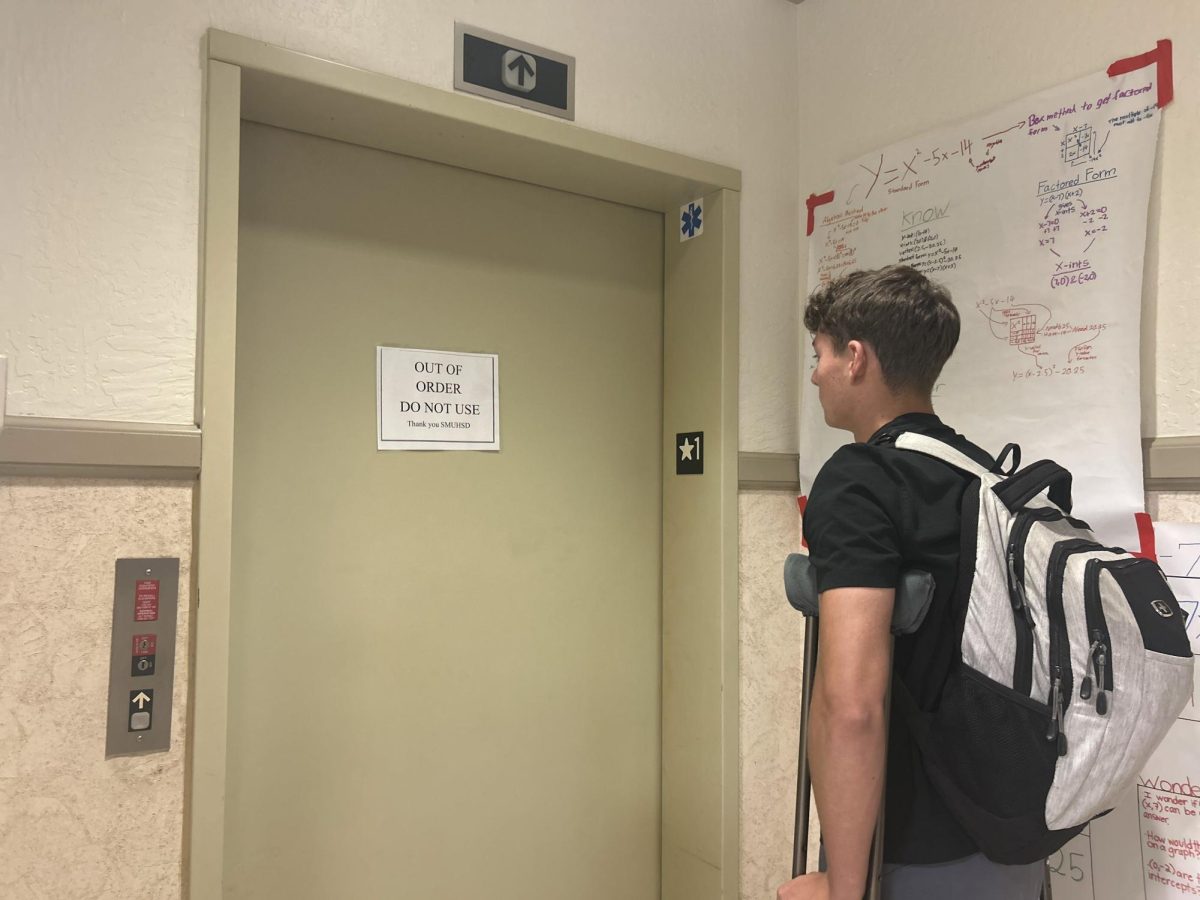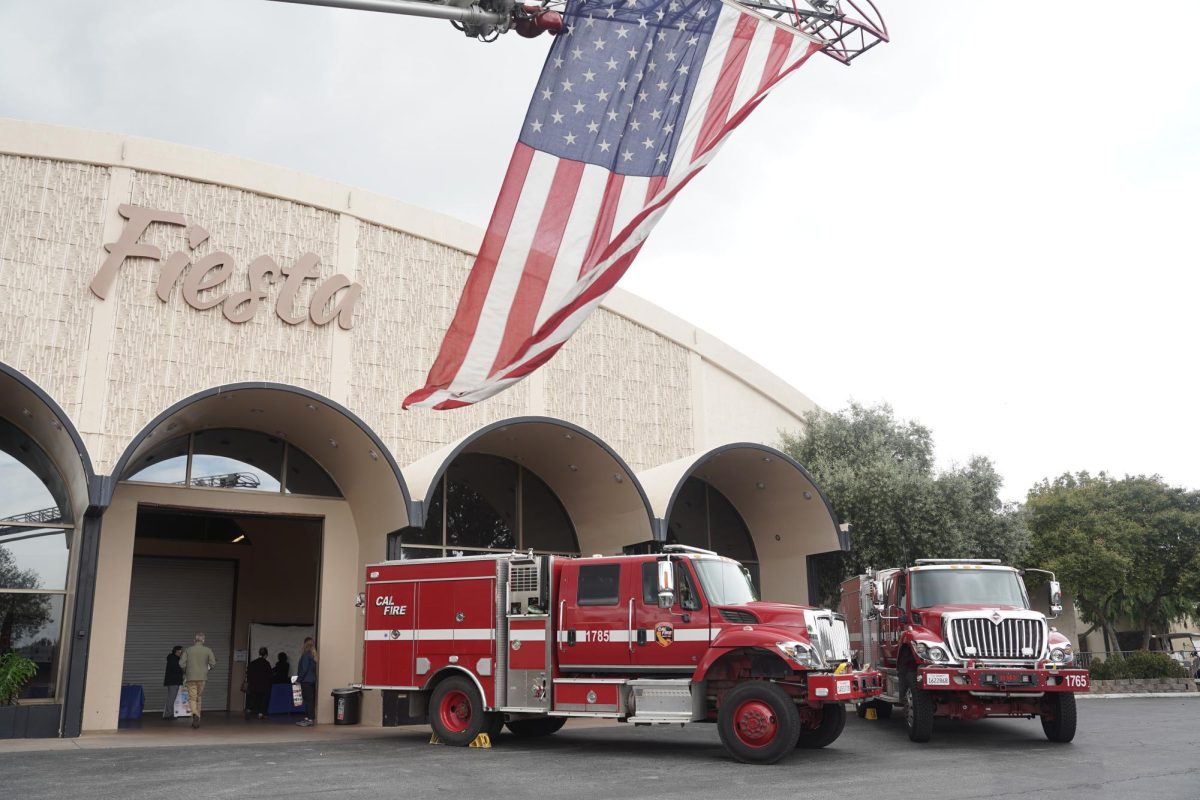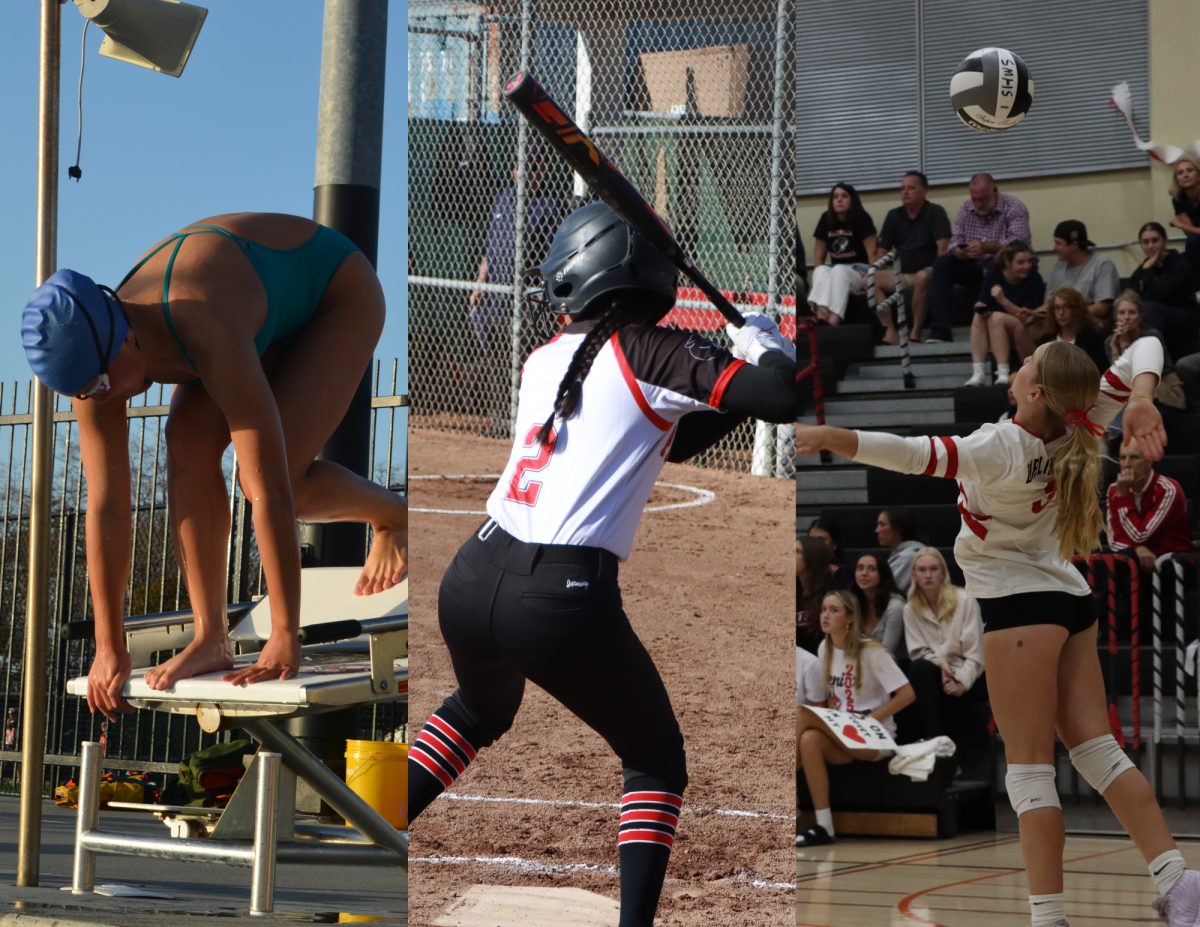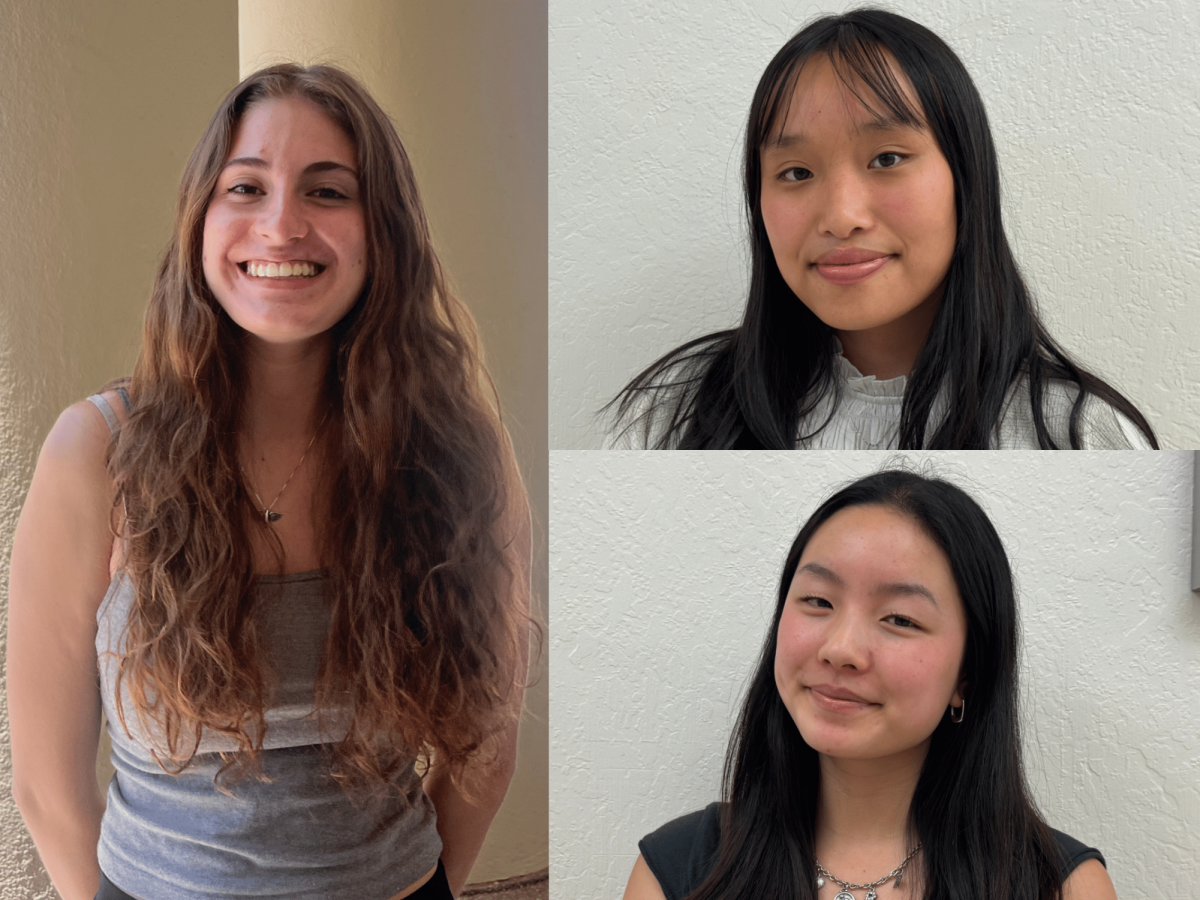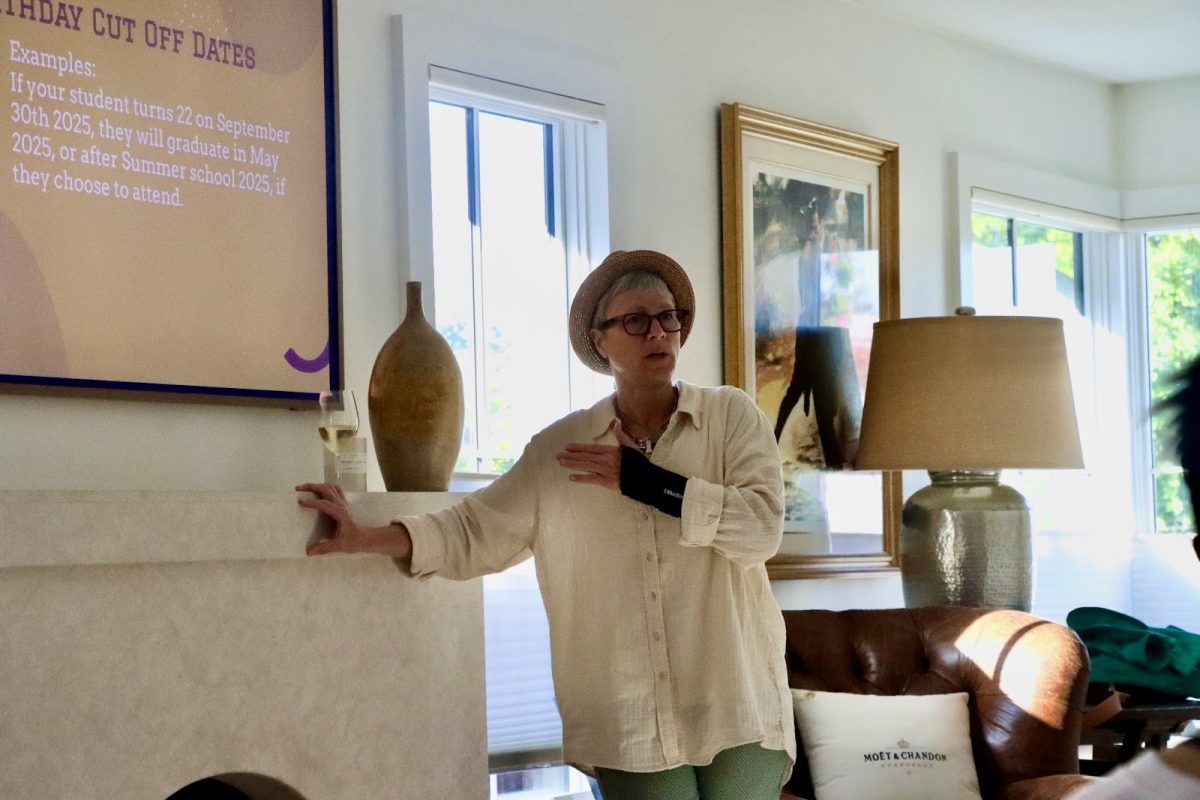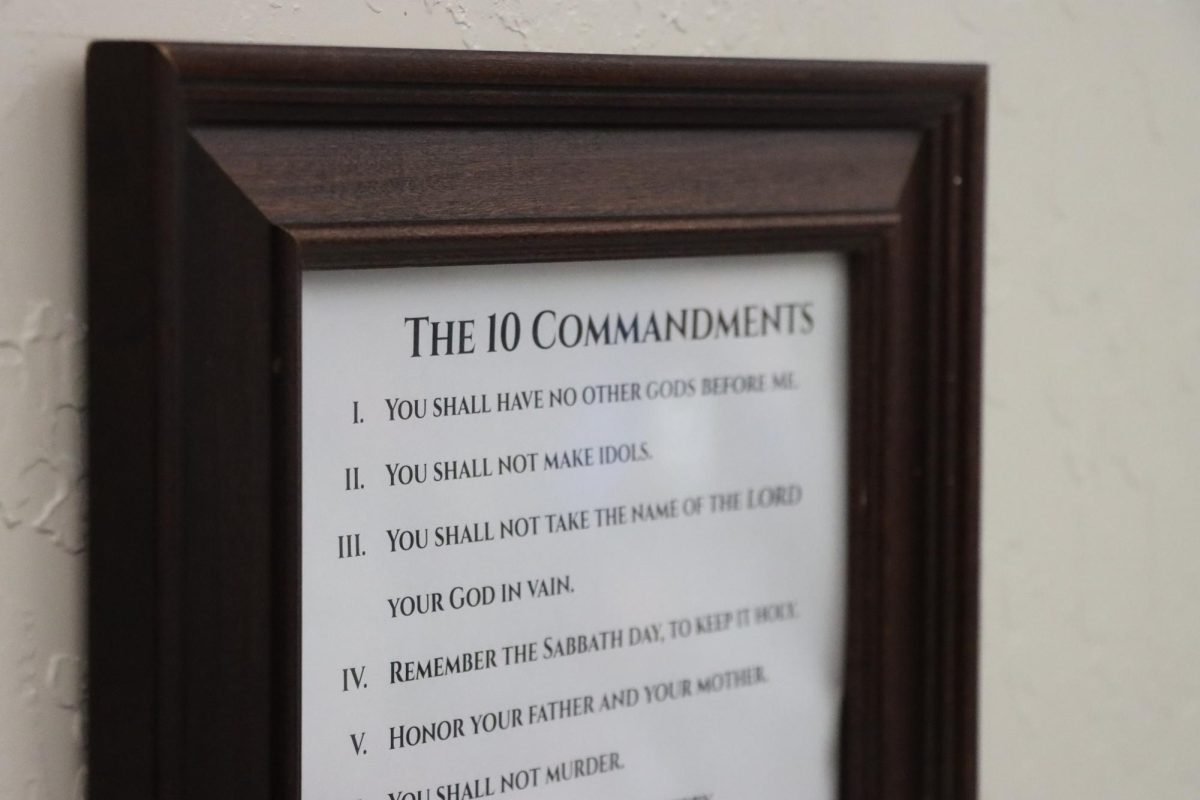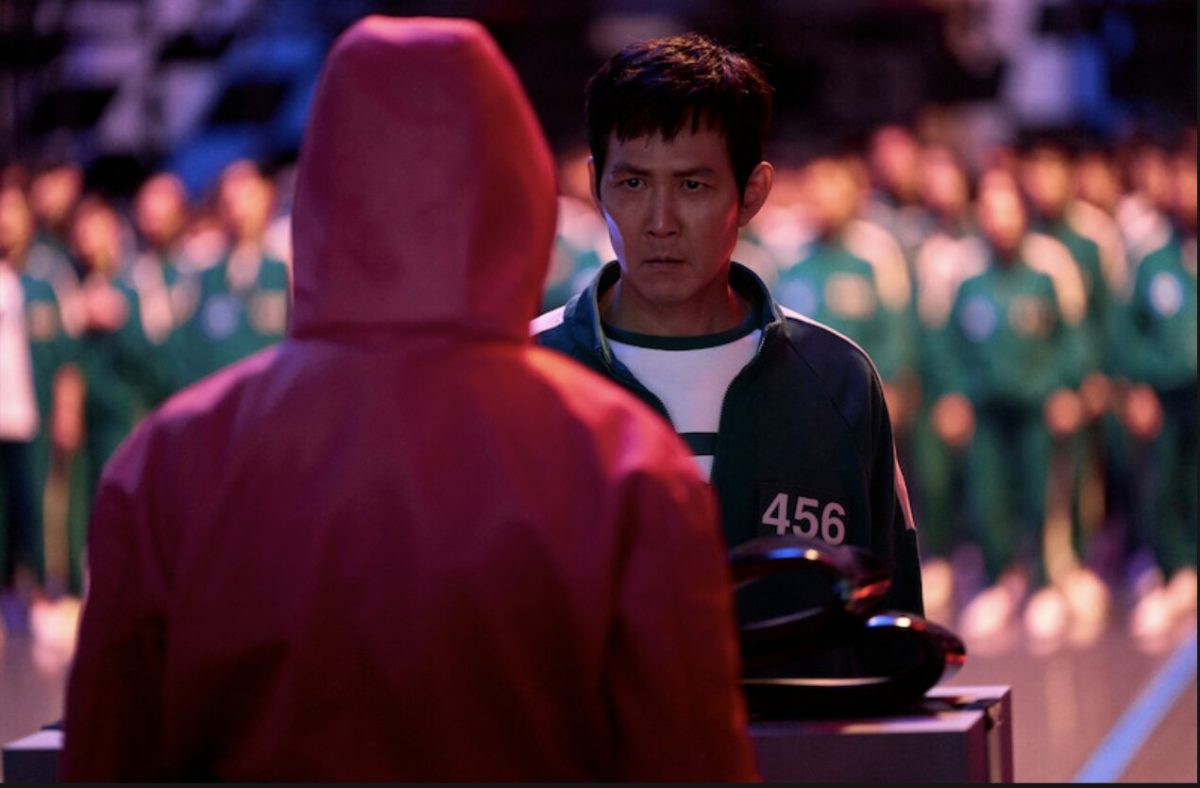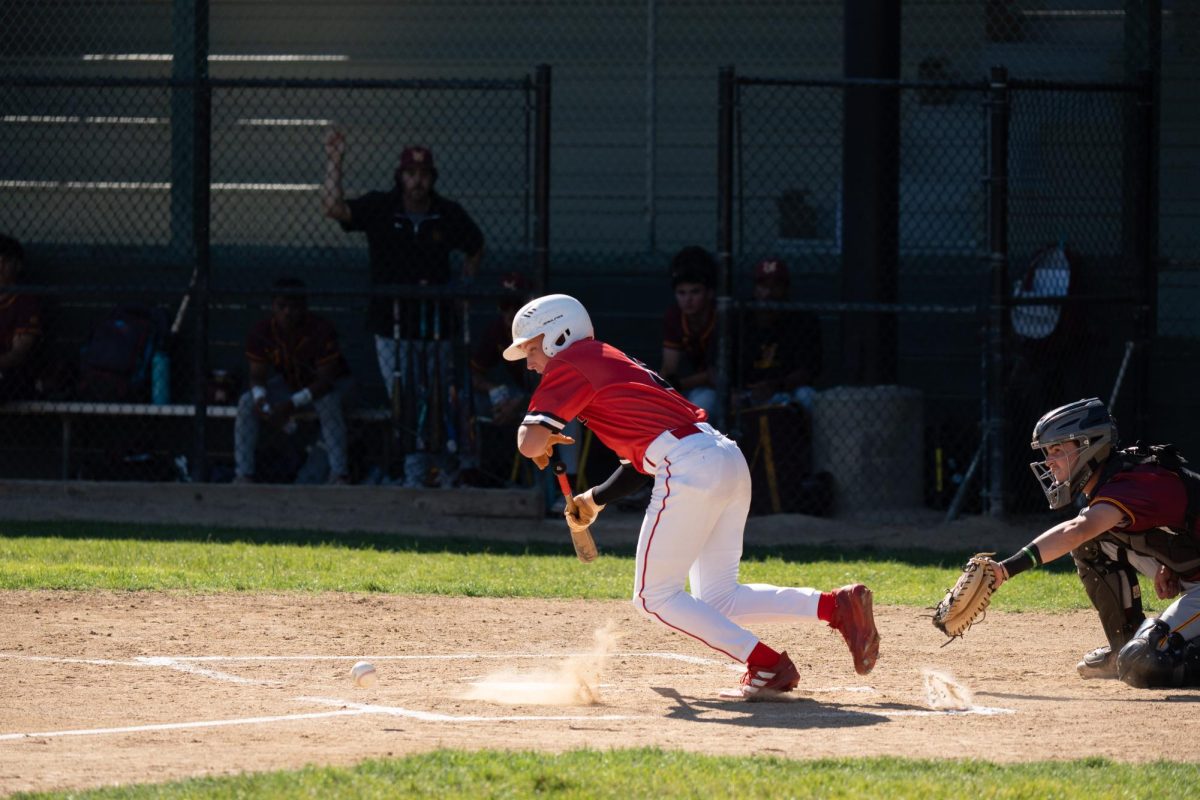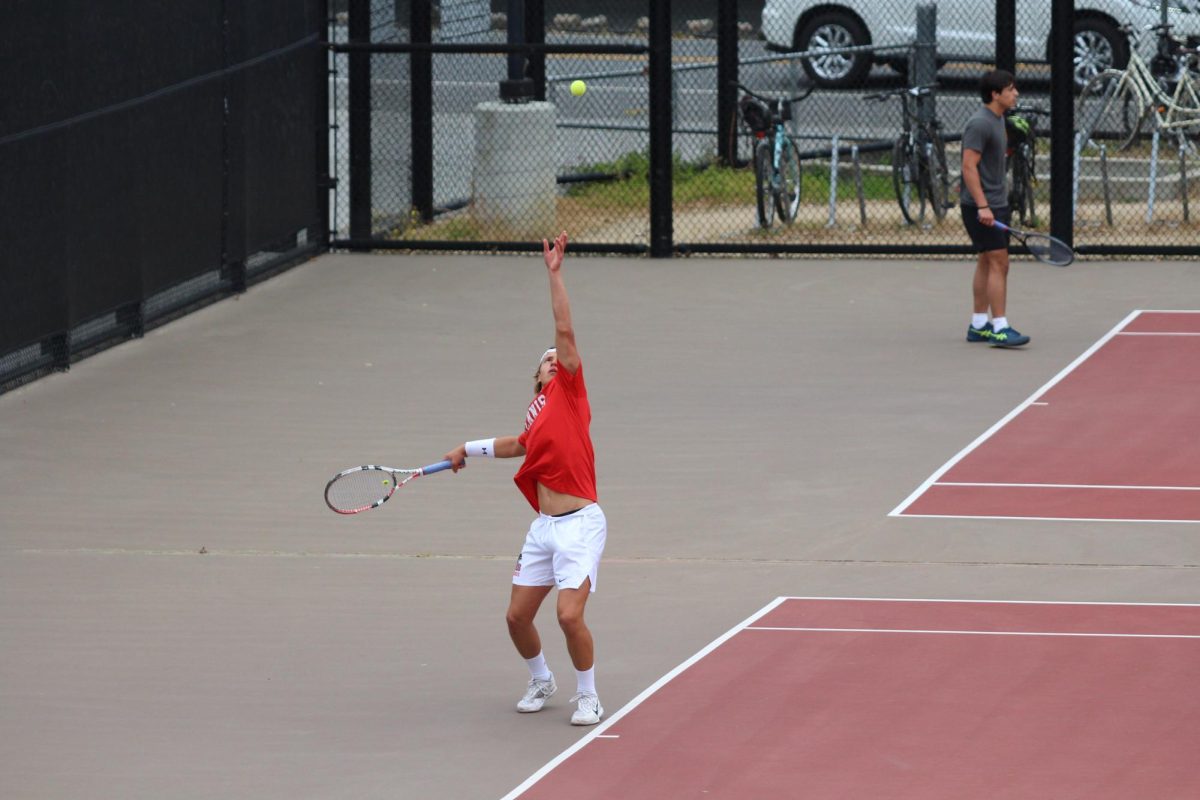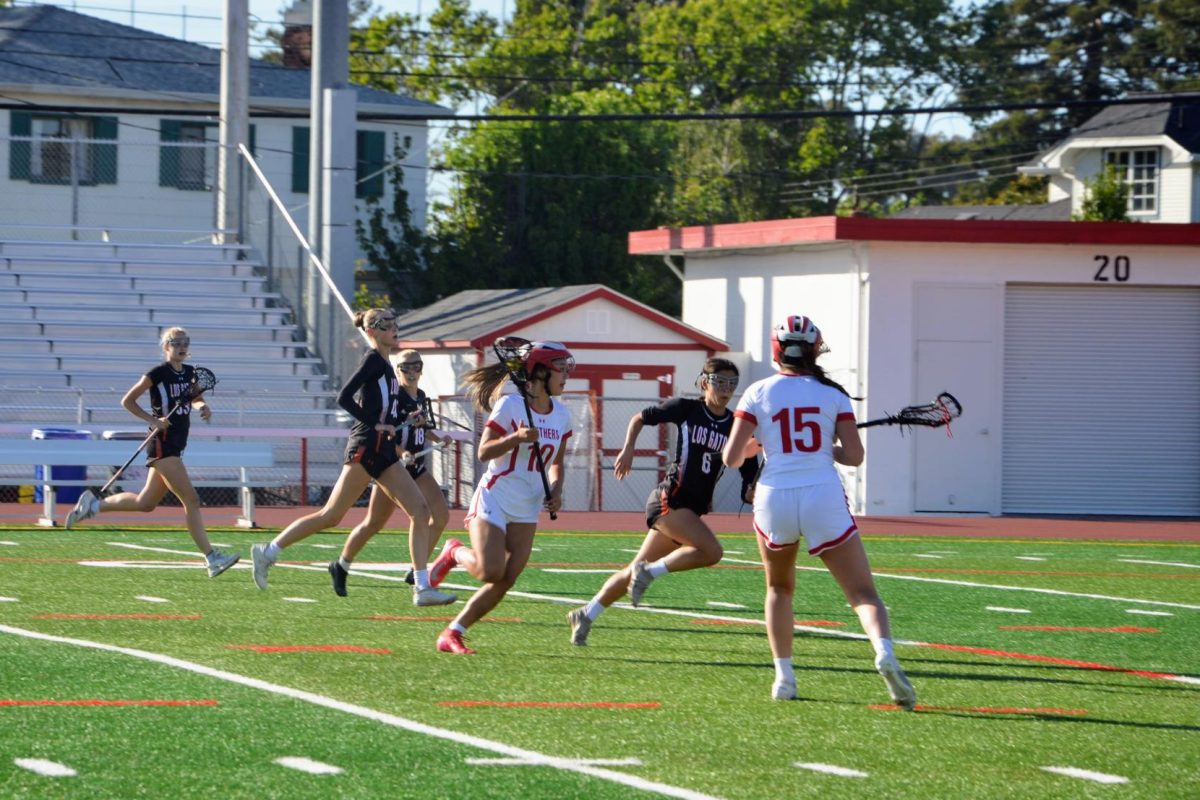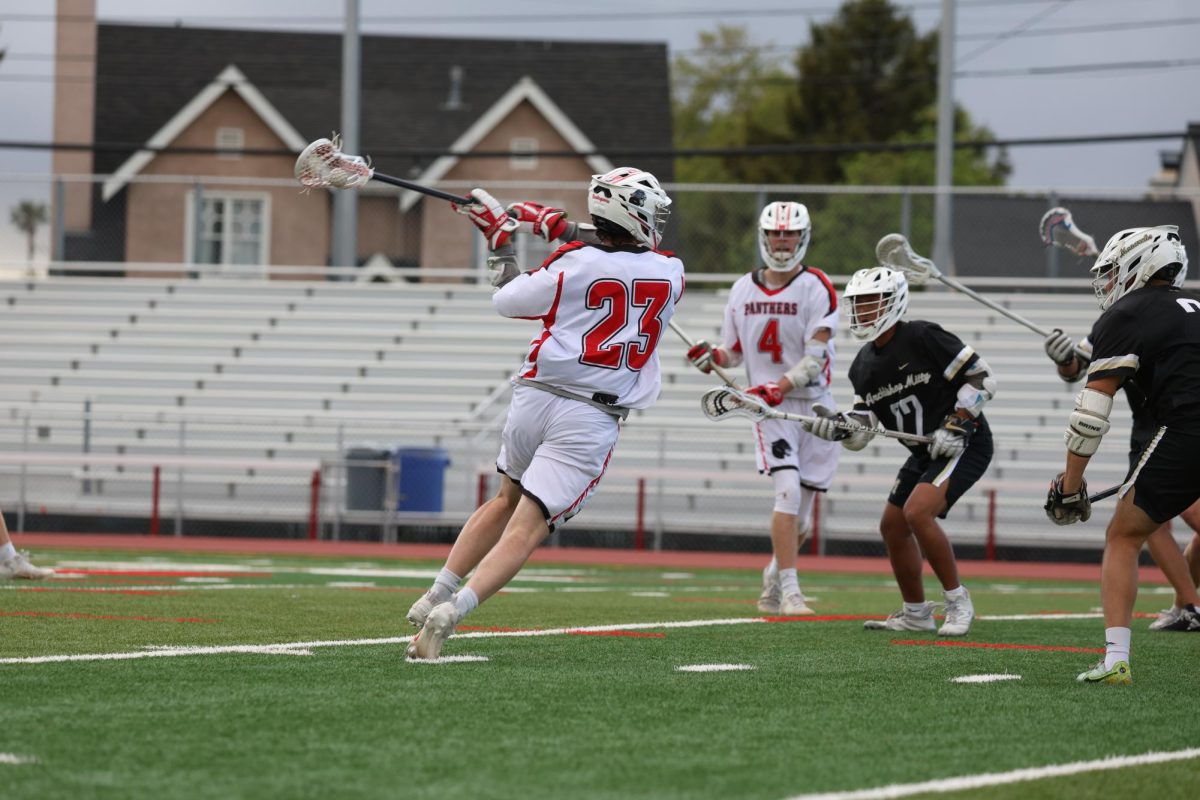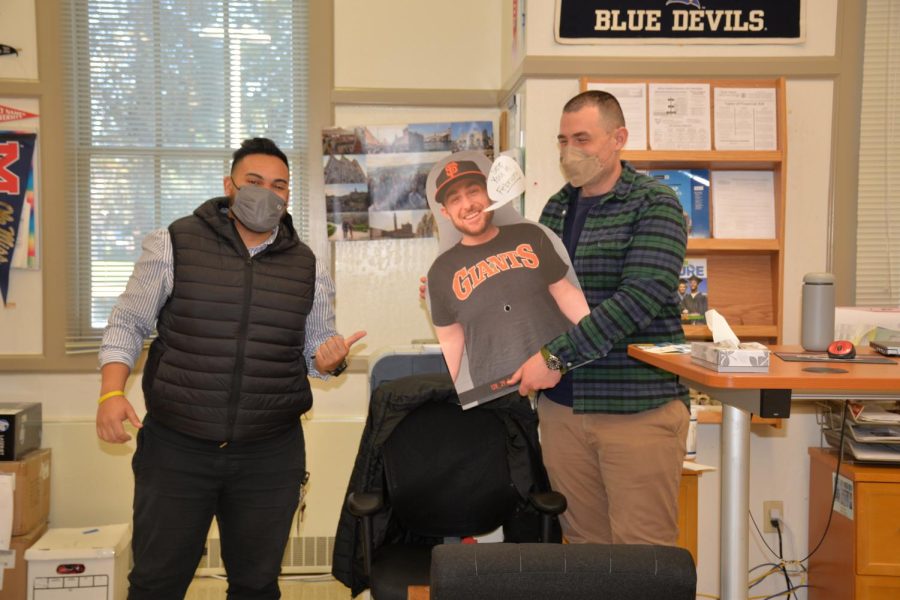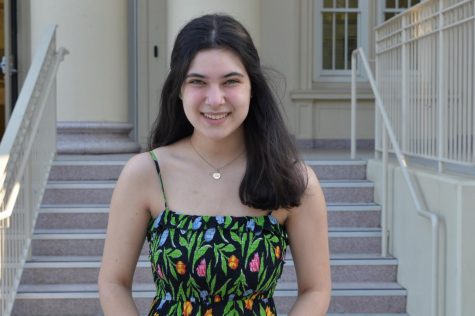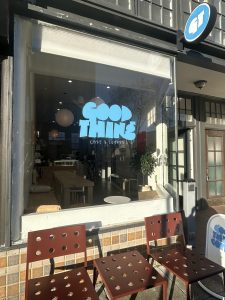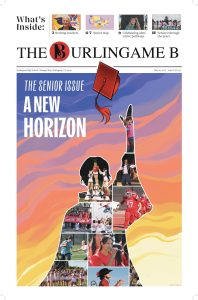First-Generation Club: Helping students achieve their future goals
Earvin Buckner (left) and Jonathan Dhyne (right) spend time in the College and Career Center, located in the A Building, where First-Generation Club meetings are held on Tuesdays.
February 15, 2022
College deadlines, essays and finances are notorious stressors for upperclassmen, and the Counseling Department works year-round to be of help in the college application process for all students. Specifically, for first-generation applicants, academic counselor Earvin Buckner and college advisor Jonathan Dhyne have taken extra measures to demystify applications through the First-Generation Club, which they co-run.
Starting as former counselor Tammy Esrailian’s project, the club is in its fourth year at Burlingame. Along with advertising through word of mouth, English Learners Advisory Committee (ELAC) and Latino Parent Group meetings, counselors identify students who may be a good fit for the club via Aeries, which can filter for socioeconomic demographics and parent education. Then, invitations are sent to historically underrepresented students to join. As of last year, juniors are now invited to join during their second semester to offer a head-start in the application process.
Despite its name, the club emphasizes its open invitation to all students, including those who may not be first generation but still need the additional help.
Meeting on Tuesdays in the College and Career Center, the club attracted around 30 students this past fall semester, with attendance wavering in correlation with application deadlines. Most sessions consisted of presentations where Dhyne and Buckner broke down University of California and California State University systems’ applications, community college, trade school and private university options.
“We meet them where they’re at, and then we start helping them,” Buckner said. “So there’s a lot of initially, during the spring, a lot of us presenting to them, but then it becomes like a workshop.”
The club’s members range from students who know exactly what they want and need information about how to afford it, to others who are starting from first base, according to Buckner.
For senior Becca Jeremias, she knew from the start that she wanted to study environmental science in New York. From there, Dhyne guided her in the financial aid process.
“I was never afraid to apply, like I never thought that I had any less potential than, you know, someone whose parents were born here,” Jeremias said.
Dhyne, who Buckner referred to as the “guru of financial aid,” works closely with students to explain financial aid and guide them through collecting and filling out forms.
“I’m not going to be like ‘hey do your FAFSA, see you later.’ It’s important, right,” Dhyne said. “Let’s do this together and really like, when you break it down step by step, it’s not super [difficult]. But if you’re looking at the big picture, it can be a little frightening.”
Most college application windows have closed; however, during the spring semester, scholarship applications take the main stage.
“Being more independent in a privileged environment means that the application process is still not over. Even though I’ve applied to all my schools, I have all these applications and letters of recommendations that I need for scholarships,” senior Kimberlly Baldwin said.
The club, resuming meetings in February, will balance scholarship help for seniors and introducing the college application to juniors.
As college decisions roll out over the next few months, the counselors are excited to see their student’s dreams become their realities.
“We will work with a student and they’ll come back and say: ‘Hey, I got into my dream school,’” Buckner said. “Like that’s what you’re working for, to hear that from a student, or like, ‘Look, I got a full ride.’”
For the students in the First-Generation Club, opening decisions and hearing back from scholarships are equally surreal experiences.
Baldwin recalls the pride she felt opening her first acceptance letter. Living with immigrant parents, Baldwin said that having achieved something on her own with minimal help showed her how hard work pays off. Jeremias shares a similar sense of pride.
“I want to say it’s making my parents proud because they never got the chance to, but like the real answer is, it’ll make me proud,” Jeremias said.
The road to success for first-generation students alike is often more difficult than for students whose parents went to college and can help their children through applications or hire paid college counselors.
“It was very difficult,” Baldwin said. “Sometimes, I would stop and think: ‘It’s like no wonder so many first-gen high school students just don’t go to college.’”
But with pro-activeness and perseverance, along with free, quality resources available, Burlingame students will be prepared for their futures.
“I really do think that something Burlingame High School excels at is making sure that students go to college,” Baldwin said. “I can say firsthand, there are more than a handful of kids in the senior class, I think yearly, who end up going [to college] because of specific faculty, like Mr. Dhyne and Mr. Buckner, who reach out and help them.”



